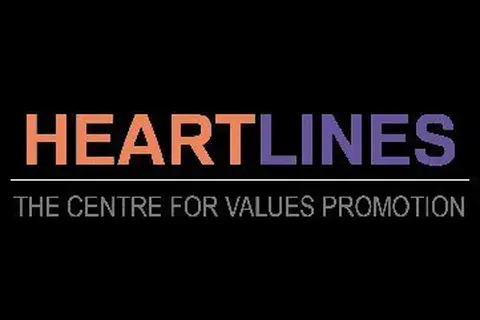Having the right attitude towards money
Apartheid , Gang , Gambling , IdentityBy Wynona Latham

Between making millions and scraping the bottom of broke, people in show business are only too aware of the industry’s economic uncertainties. It’s not surprising then, that actors have an acute sense of the role money plays in our value systems.
For the cast of Nothing for Mahala, a film which deals with South Africans attitude to money, moola is a hot topic.
Actor and Strictly Come Dancing star Thapelo Mokoena, who plays the lead role of debt-ridden Axe, says that South Africans don’t have an honest relationship with money. “Money is a means to an end,” he says. “It either separates us or combines us but like the Bible says, money is the root of all evil.”
Mokoena, who also works as a producer, knows too well the vagaries of money in the industry: “There’s a lot of short lived joy for most but there is a lot of long term pain that comes with money. Look at the typical relationship we as artists, have with our money. We’re not in Hollywood so it doesn’t reward as us much for what we do.”
Jamie Bartlett, known for his villainous portrayal of David Genaro in the TV series Rhythm City, shares a similar view. In Nothing for Mahala he plays the bad guy again – the greedy and morally bankrupt Mike Saris. Bartlett says that people who are going to find themselves in opportune positions need to analyse their values. “Let’s develop a kind of better emotional and moral landscape so that when you find yourself in that position you understand that every action has a reaction so that you too don’t become a Mike Saris ... rudderless and without morals.”
Actress and entrepreneur Mmabatho Montsho says that people place too much importance on money. “We think that the material things are of value, that if I have this type of car, if I live in this kind of house, if this is my address then it means I’m worthy. But this is obviously not true, you should be able to value yourself regardless of how much money you have in the bank,” she says.
Montsho plays the role of Reneilwe, the manager of an old age home who chooses her job over marrying a rich man.
Sharing this outlook is prolific actress Lillian Dube, famous for her role as Sister Bettina in TV series Soul City. She believes that money is prioritised over issues that really matter. “People just want money and big cars and they still don’t get happiness because I’m telling you those things don’t bring happiness,” she says.
In Nothing for Mahala, Dube plays Axe’s gogo, a woman who values her community above money. Dube says that she shares this belief. “In Lesotho where my parents came from, every mother is your mother, every child is your child and we care. Here in Jo’burg you only see your next door neighbour’s child when he comes to rob you but when you’ve got food you don’t think that maybe they didn’t eat.”
June van Merch, comedian and actress, well-known for her work in the sitcom Fishy Feshuns, identifies the main issue surrounding money in South Africa as the intense fear about tomorrow. “In the old days, they would say ‘tomorrow will look after itself’ in a way that there was no fear,” she says. In the film, she plays Flora, a resident at the old age home managed by Montsho’s character.
For Van Merch, this fear of what the future will bring can be assuaged by giving to other people. “In our world at the moment we just hoard for ourselves but the belief in giving is what creates a non-fear for tomorrow,” she says.
Nothing for Mahala is now available in stores on DVD.
* This article is part of a series produced to support the HEARTLINES Values and Money campaign to encourage South Africans to think about how they earn, spend, save, borrow and give away their money.
It first appeared in The New Age on 21 January 2014.
Featured






